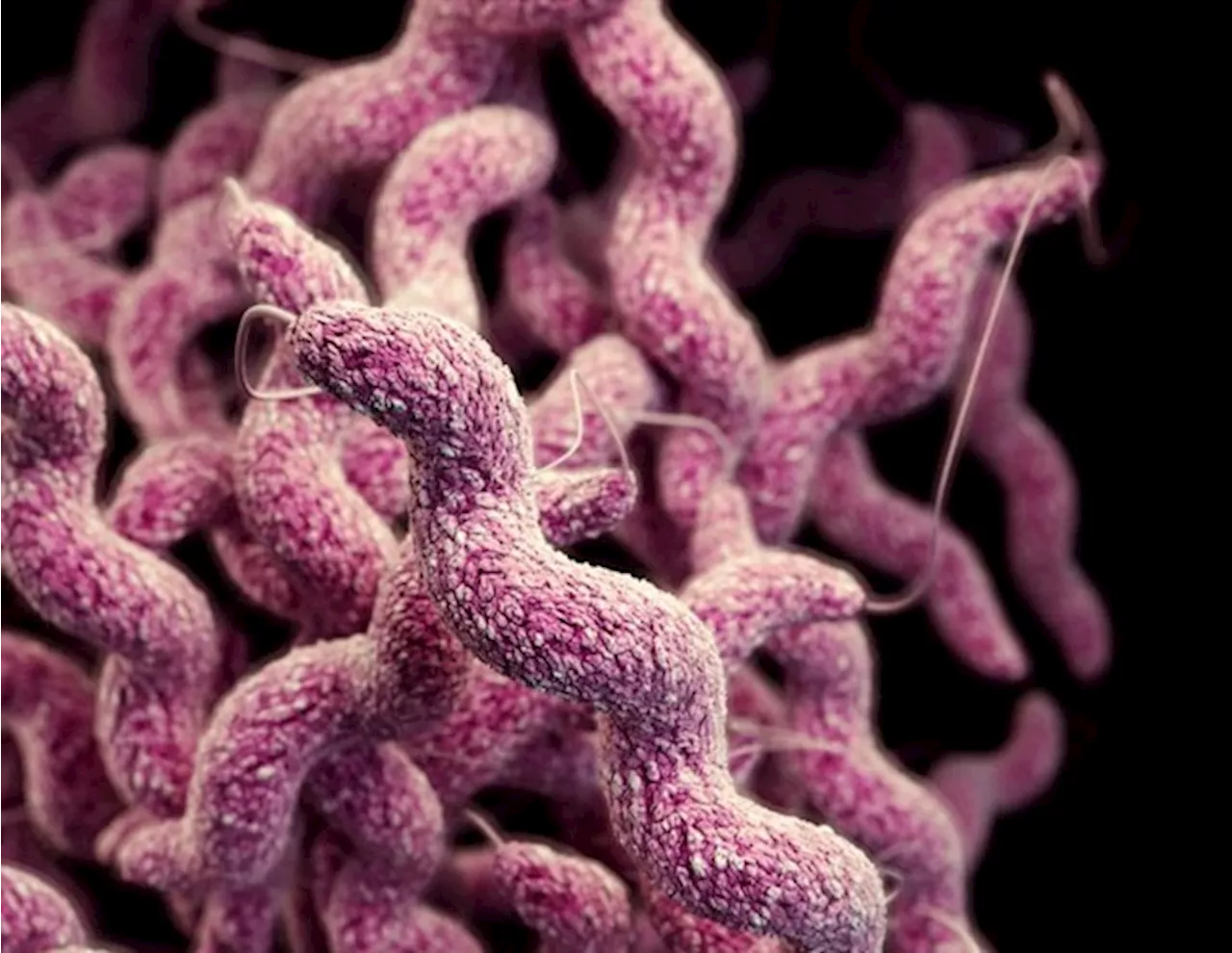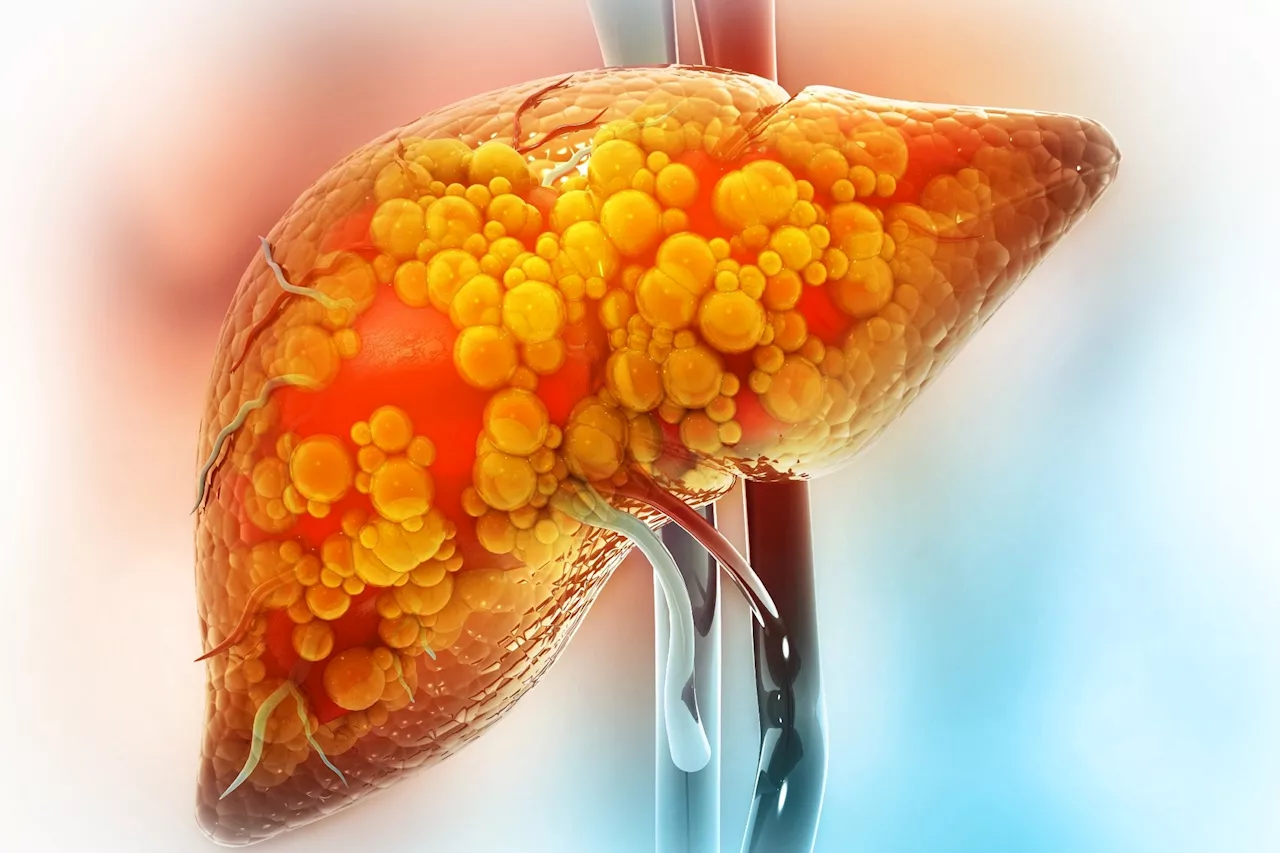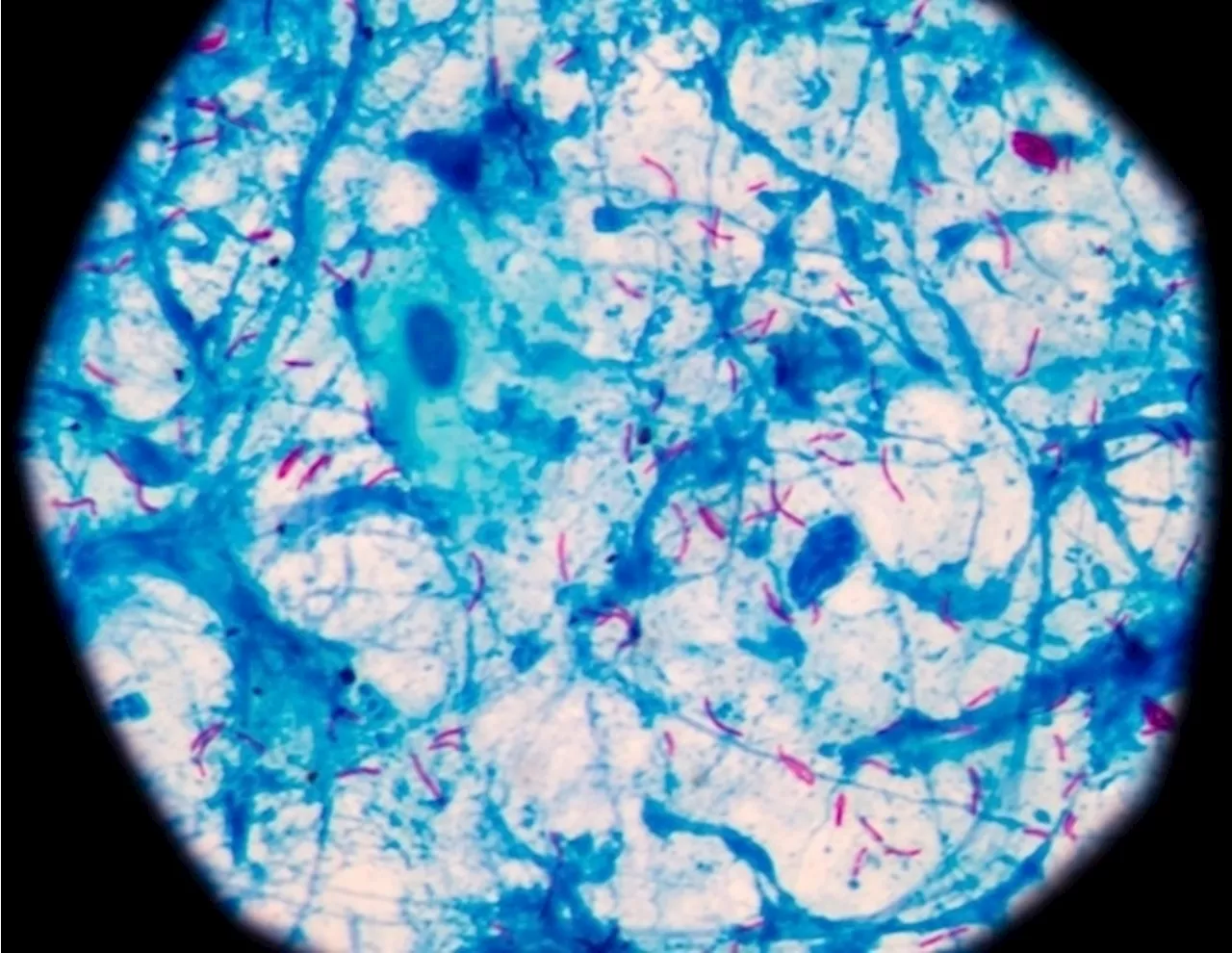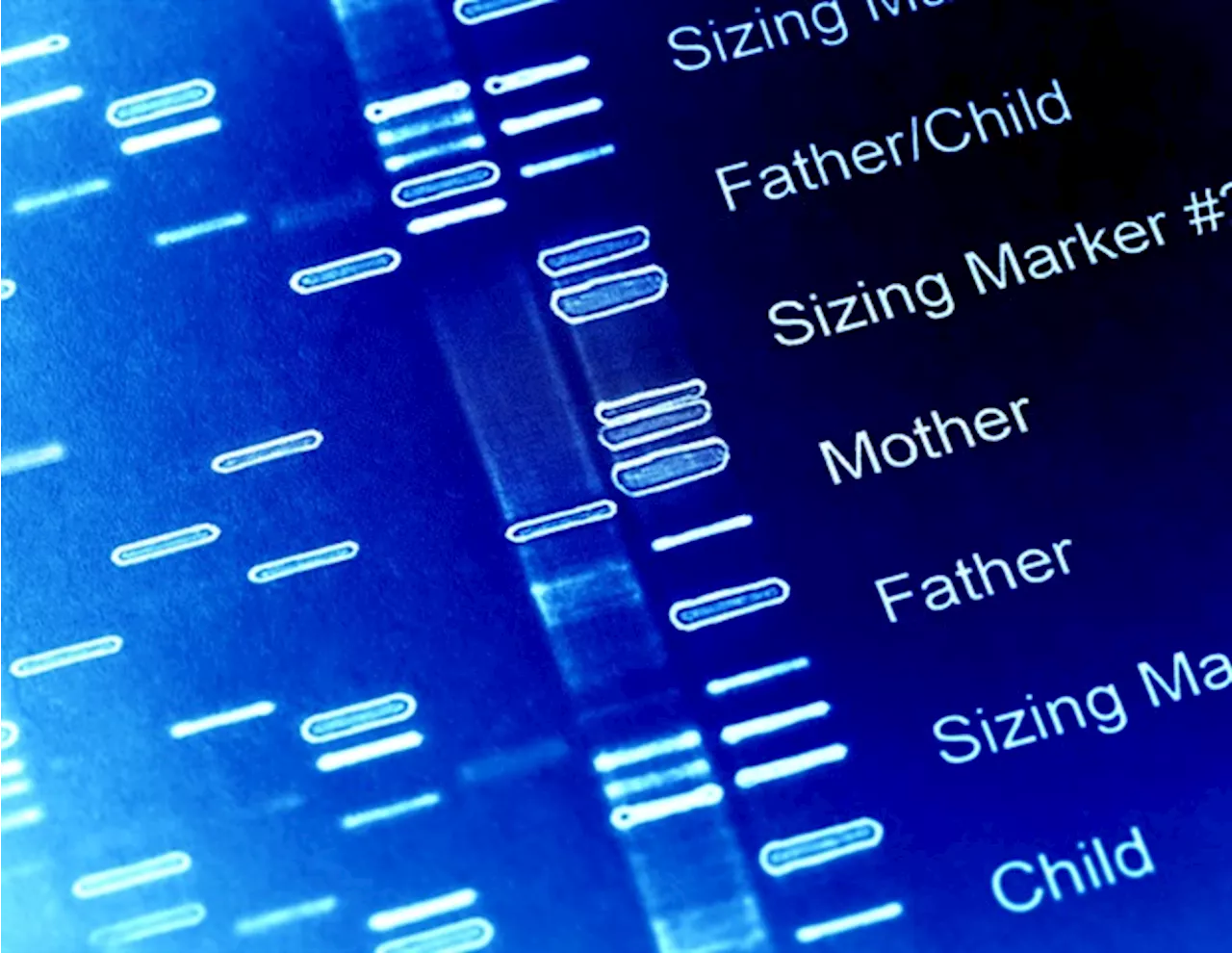Researchers have discovered key mutations in certain cancer cells that make them resistant to WRN inhibitors, a new class of anti-cancer drugs.
European Organisation for Research and Treatment of Cancer Oct 24 2024 The yet-to-be-published findings are presented on Friday at the 36th EORTC-NCI-AACR Symposium on Molecular Targets and Cancer Therapeutics in Barcelona, Spain.
Dr. Gabriele Picco, senior staff scientist and project lead in Dr Garnett's lab, told the Symposium: "WRN inhibitors function through a mechanism called synthetic lethality, where two non-lethal genetic events cause cell death when combined. MSI cancer cells, which have a defect in DNA repair, become dependent on WRN for survival. When WRN is inhibited, these cells cannot repair DNA damage, leading to their death, while healthy cells remain unaffected.
"These mutations in the WRN gene highlight a novel resistance mechanism and provide a way for us to test the efficacy of alternative WRN inhibitors that might be able to overcome this resistance." "Tracking resistance mutations via liquid biopsy could be a potential strategy for monitoring treatment response," said Dr. Picco.
Genetic Blood Colorectal Colorectal Cancer DNA DNA Replication Drugs Gene Genes Helicase Immunotherapy Protein Research Stomach Therapeutics
United Kingdom Latest News, United Kingdom Headlines
Similar News:You can also read news stories similar to this one that we have collected from other news sources.
 Researchers uncover key to combat Campylobacter infectionsBacterial infections resulting in enteritis, sometimes extra-intestinal infections such as sepsis, continue to be a global health concern.
Researchers uncover key to combat Campylobacter infectionsBacterial infections resulting in enteritis, sometimes extra-intestinal infections such as sepsis, continue to be a global health concern.
Read more »
 Researchers uncover key bacteria driving success of fecal microbiota transplantsFecal microbiota transplants, or FMTs, are a magic bullet for patients with recurring infections from Clostridioides difficile (C. diff), but researchers are only beginning to understand why.
Researchers uncover key bacteria driving success of fecal microbiota transplantsFecal microbiota transplants, or FMTs, are a magic bullet for patients with recurring infections from Clostridioides difficile (C. diff), but researchers are only beginning to understand why.
Read more »
 Researchers gain new understanding of how immune cells respond to heat during feverThe study reveals that moderate fever enhances CD4 T cell activity while reducing regulatory T cell suppression, highlighting temperature's immune effects.
Researchers gain new understanding of how immune cells respond to heat during feverThe study reveals that moderate fever enhances CD4 T cell activity while reducing regulatory T cell suppression, highlighting temperature's immune effects.
Read more »
 Boston Researchers Create World's Largest Library of Centenarian Stem CellsResearchers from Boston University Chobanian & Avedisian School of Medicine and Boston Medical Center have created the largest library of induced pluripotent stem cells (iPSCs) from centenarians and their offspring to study longevity and healthy aging.
Boston Researchers Create World's Largest Library of Centenarian Stem CellsResearchers from Boston University Chobanian & Avedisian School of Medicine and Boston Medical Center have created the largest library of induced pluripotent stem cells (iPSCs) from centenarians and their offspring to study longevity and healthy aging.
Read more »
 Researchers uncover how senescent cells can both harm and heal in liver diseaseResearchers developed novel genetic tools to trace, ablate, and manipulate p16^Ink4a+^ senescent cells, revealing their distinct roles in liver fibrosis and repair. Senescent macrophages promote fibrosis, while endothelial cells aid in tissue recovery.
Researchers uncover how senescent cells can both harm and heal in liver diseaseResearchers developed novel genetic tools to trace, ablate, and manipulate p16^Ink4a+^ senescent cells, revealing their distinct roles in liver fibrosis and repair. Senescent macrophages promote fibrosis, while endothelial cells aid in tissue recovery.
Read more »
 Trinity College Dublin Researchers Uncover Unique Metabolic Function of Lung-Resident NK CellsResearchers at Trinity College Dublin have made a significant discovery about the behavior and metabolic function of tissue-resident natural killer (NK) cells in the lungs. Their findings, published in PNAS, reveal that these cells are uniquely adapted to rapidly utilize glucose for enhanced immune responses during infection.
Trinity College Dublin Researchers Uncover Unique Metabolic Function of Lung-Resident NK CellsResearchers at Trinity College Dublin have made a significant discovery about the behavior and metabolic function of tissue-resident natural killer (NK) cells in the lungs. Their findings, published in PNAS, reveal that these cells are uniquely adapted to rapidly utilize glucose for enhanced immune responses during infection.
Read more »
